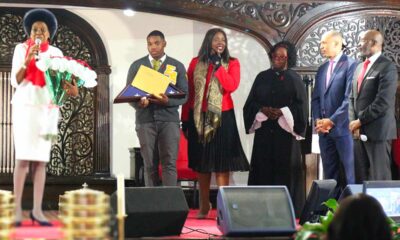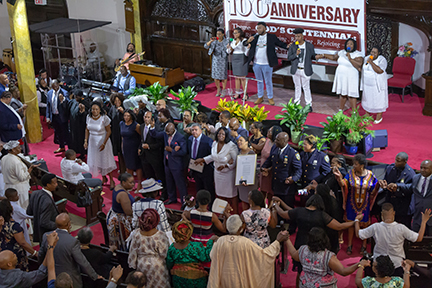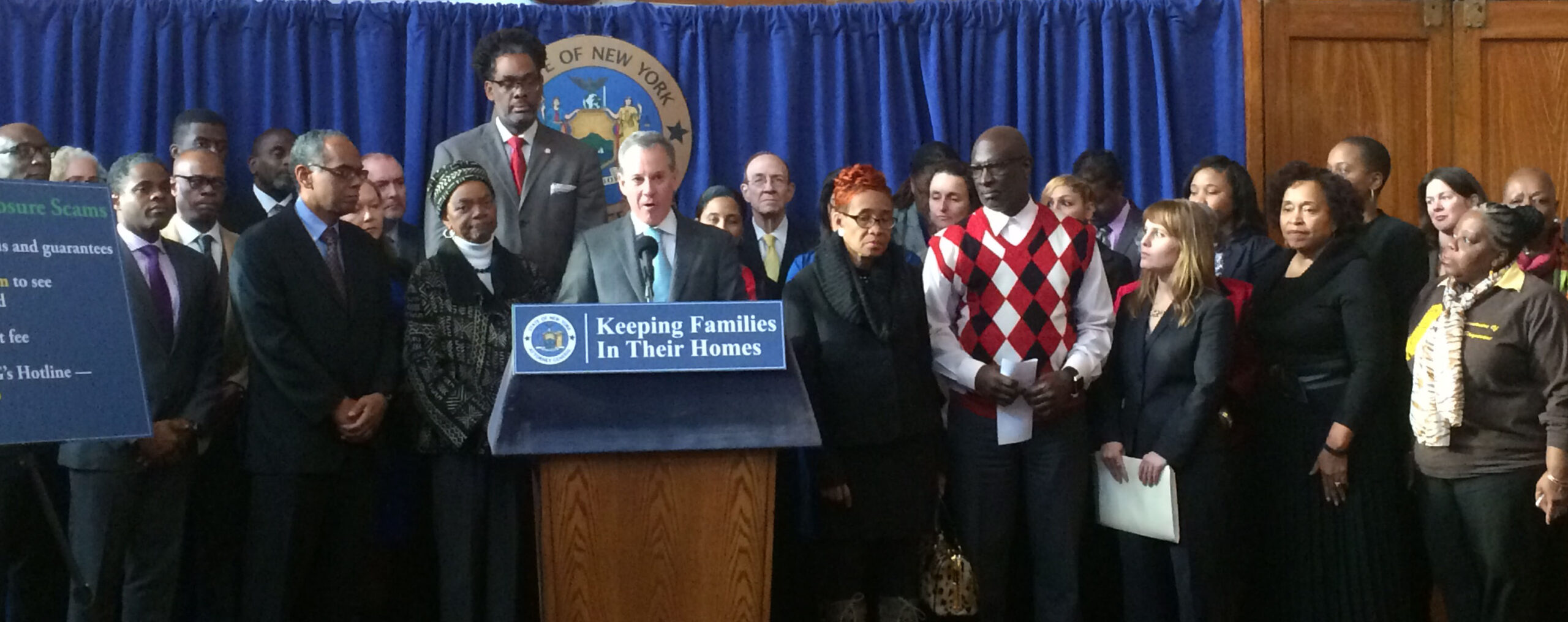Estate Planning
Building Stability: Ensuring Homeownership Remains a Reality in New York for Black & Brown Families

By Rev. Conrad Tillard
As the New York State Legislature reconvenes in Albany, the spotlight again falls on the state’s pressing housing crisis. Fueled by a confluence of factors such as limited availability, restrictive zoning regulations, stringent rent control laws, and escalating construction costs, this perennial issue has made it nearly impossible to keep up with the housing demand.
Amidst this heated debate, it’s crucial not to overlook the pivotal role of homeownership, especially within our Black and Brown communities. It’s equally vital to ensure that legislation while aiming to address our city and state housing challenges, doesn’t inadvertently place undue strain on first—and second-generation property owners in historically marginalized communities, burdening them with counterproductive laws and regulations.
This urgency led to a recent panel discussion I moderated at Antioch Baptist Church in the heart of Bedford Stuyvesant, Brooklyn. The event brought together African-American housing and development experts and non-profit leaders; all united in their mission to shed light on the pathways to—and barriers against—property ownership for African Americans in our community.
The challenges facing prospective Black and Brown homeowners are manifold, from systemic discrimination in mortgage lending, resulting in higher rejection rates and borrowing costs, to the lingering effects of redlining. These barriers not only hinder home acquisition and retention but also severely limit the ability of these communities to build generational wealth through property ownership. The financial implications are staggering, with an estimated collective loss exceeding $200 million for Black and Latino New Yorkers over the lifetime of their mortgages, according to the New York State Attorney General’s office.
Our panelists also critically examined the potential repercussions of legislation currently being debated in Albany, such as the so-called “Good Cause Eviction” bill, which fails to address our state’s housing supply shortage and would make the process of finding an affordable place to live even more difficult and expensive. Not to mention, tens of thousands of small property owners would be severely negatively impacted by Good Cause Eviction.
Many of New York’s small property owners are first- or second-generation Americans, and, in many cases, first- or second-generation property owners who poured their life’s savings into modest properties with dreams of building generational wealth for their families. But legislation passed in Albany over the past several years has resulted in a growing number of small property owners struggling to make ends meet.
Among our speakers was Lincoln Eccles, whose family’s story embodies the pursuit of the American Dream. His parents, Jamaican immigrants who arrived in the 1960s, worked tirelessly and saved up every penny to purchase and maintain a 118-year-old 14-unit property in Crown Heights, which Lincoln maintains today, and which supports his wife and three-year-old son. Yet, the Good Cause Eviction bill, with its arbitrary rent caps, threatens to dismantle the dreams of small property owners like Lincoln, pushing them towards financial insolvency or into the hands of speculative investors.
Lincoln’s family story is intimate but also shared. Neighborhoods of color throughout New York City have apartment building owners whose toeholds on stability are being threatened by policies that benefit those who have always benefited.
In the face of our state’s housing crisis, it’s imperative for lawmakers to heed the voices of those who have long anchored our communities but now risk being overshadowed by the interests of newcomers and ideologues. Policies like “Good Cause Eviction” risk leaving a trail of devastation for small property owners without addressing the underlying challenges of housing affordability and availability.
The path forward requires a nuanced understanding of the housing ecosystem and a commitment to solutions that bolster, rather than undermine, the prospects of homeownership for all New Yorkers. Only through inclusive dialogue and thoughtful policy-making can we hope to navigate out of this crisis, ensuring that the dream of property ownership remains accessible to every New Yorker, irrespective of their background.
Reverend Conrad Tillard is the Founder of Black Clergy for Economic Empowerment, a Baptist and Congregational Minister in Bedford Stuyvesant, and an Adjunct Professor at The City University of New York







